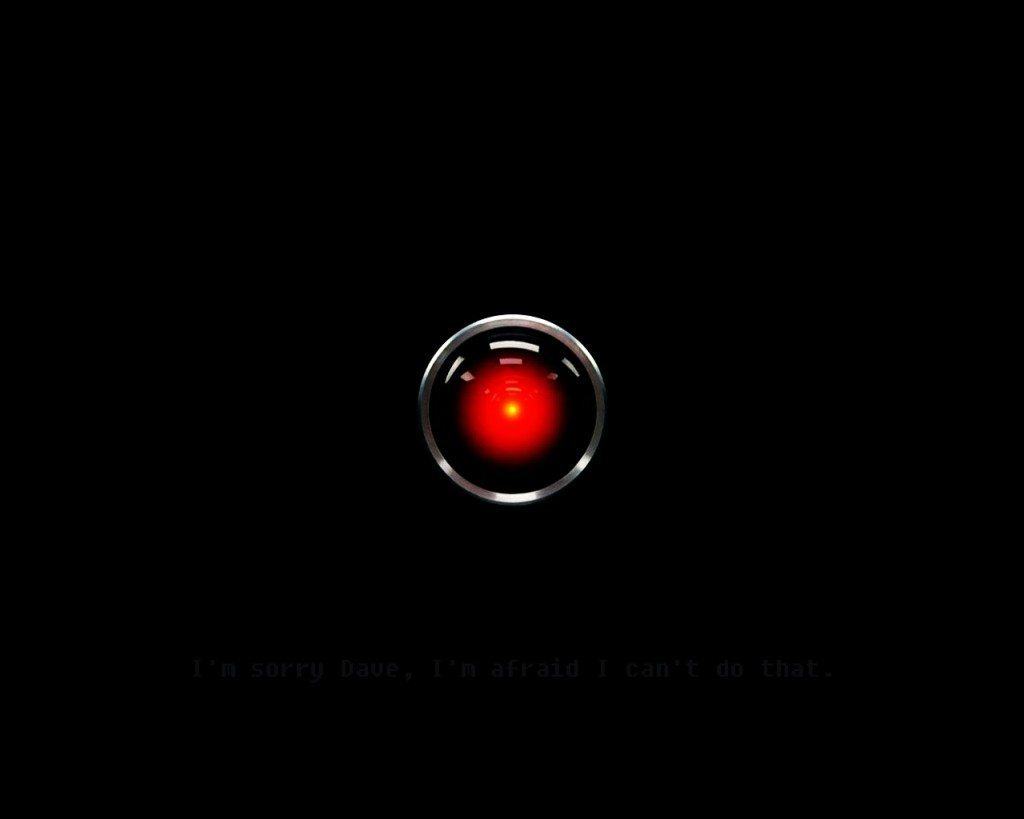Microsoft has strengthened its artificial intelligence push with its latest acquisition of Canada based AI startup Maluuba.
The acquisition will see Microsoft working towards machine reading and writing – an endeavour that has been the vision of Malubba – to advance toward a more general artificial intelligence by creating literate machines that can think, reason and communicate like humans.
A number of technology giants including Samsung, Amazon, Apple, and Google have been taking keen interest in AI and working to create assistants that are intelligent and enable their consumers to carry out a range of tasks with much ease. Microsoft has also been increasingly focusing its attention on AI and for that purpose it also setup the Artificial Intelligence and Research organization last year.
Harry Shum – Executive Vice President, Microsoft Artificial Intelligence and Research Group – points to a future where you could simply communicate with an AI agent that would leverage Maluuba’s machine comprehension capabilities to immediately respond to your request of searching through your organization’s directory, documents or emails to find the top tax-law experts in your company.
Shum says that once their work is completed such an agent will be able to answer your question in a company security-compliant manner by having a deeper understanding of the contents of your organization’s documents and emails, instead of simply retrieving a document by keyword matching, which happens today. He points out that the scenario is just one of hundreds of scenarios that can realised through Maluuba’s state-of-the-art technology of machine literacy.
Artificial Intelligence of AI based assistants were the major attraction at the CES 2017, annual tech show which wrapped up last week only in Las Vegas. Amazon’s Alexa stole most of the show and recently Nokia branded by HMD Global has been tipped to working on their AI assistant named Viki. Microsoft, earlier opened up its Cortana SDKs (software development kits) to developers and public along with other tools that makes the development of AI-based applications smooth. Google also boasts of their Google Assistant on Pixel phones, released last year.







